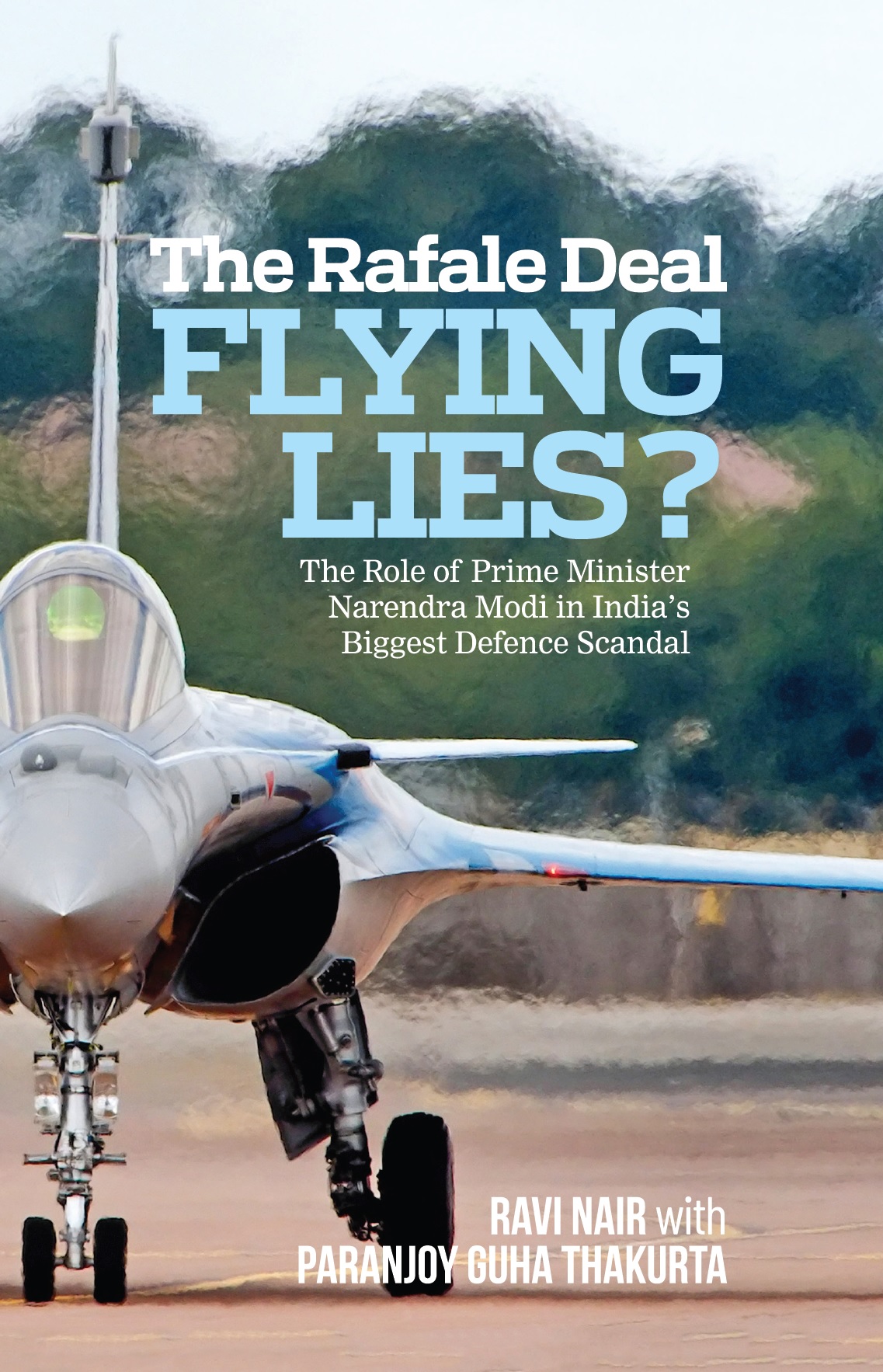The Supreme Court’s stinging judgement against the government in the 2G spectrum scam case is an extremely significant attempt by the country’s highest court to curb the corrupt nexus between business and politics and will further damage the UPA’s already battered credibility. The court’s decision will not merely have far-reaching consequences on India’s political economy, it has highlighted the huge price that Manmohan Singh himself and the government he heads are now having to pay for turning a blind eye to corruption in the form of the misallocation and under-pricing of electro-magnetic spectrum.
In the short run, the SC decision will adversely impact many major telecom players, including Tata Teleservices, Idea, Aircel, Vodafone, S Tel, among others. But in particular, the companies who benefited from the misallocation of spectrum: Swan, Loop and Unitech. The chances of some of these keeping their shutters open are slim. Rarely has a court in India come down so hard on corporate entities, supposed to wield considerable influence in the corridors of power.
The SC has been particularly harsh on the regulator, TRAI. In its judgement, it stated: “To say the least, the entire approach of the TRAI was lopsided and contrary to the decision taken by the Council of Ministers. Its recommendations became a handle for (Raja) and the officers of the DoT who virtually gifted away the important national asset at throwaway prices.” This remark trashes the contention that has been made by supporters of the government, including MPs like Sanjay Nirupam and Congress spokesperson Manish Tiwari, that the procedures that were adopted in allotting spectrum were in keeping with the regulator’s recommendations.
Not only has the SC judgement in effect pooh-poohed Kapil Sibal’s “zero loss” theory, it has shown both the prime minister and P. Chidambaram in a rather poor light. They come across as spineless individuals who knew what was going on, but were helpless in checking Raja’s actions, described as “capricious and contrary to public interest apart from being violate of the doctrine of equality”.
There are some who have argued that the judgement will dissuade foreign companies from investing in India’s telecom industry. The fact is that ever since the CBI started their investigation into the 2G scam (in a desultory manner initially) and the SC took cognisance of the scandal, foreign investors haven’t been willing to go anywhere near the second-largest telecom industry in the world. If the government now cleans up the mess and puts in place a set of transparent norms—as it should have done years ago—chances are foreign firms may start looking at this sector again.
Finally, the SC judgement indicates that Raja’s stay in Tihar Jail is unlikely to end in a hurry. More significantly, the court judgement has raised a couple of big questions: will the trial court judge now ask the CBI to investigate Chidambaram’s role in the scam and make him a co-accused? And if that happens, and the home minister puts in his papers, what will the PM’s next course of action be? A week, to paraphrase an old aphorism, is a rather long time in India’s political economy.


